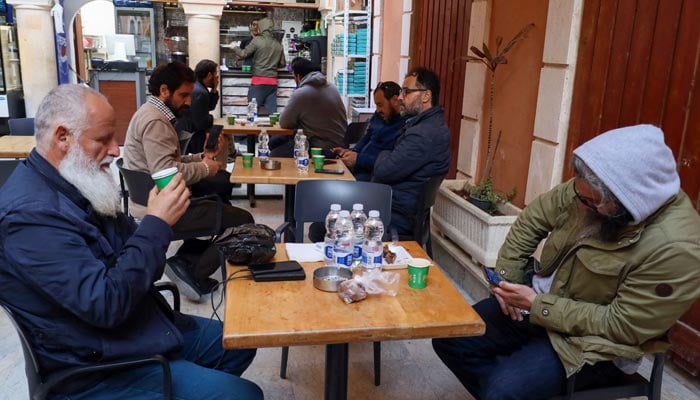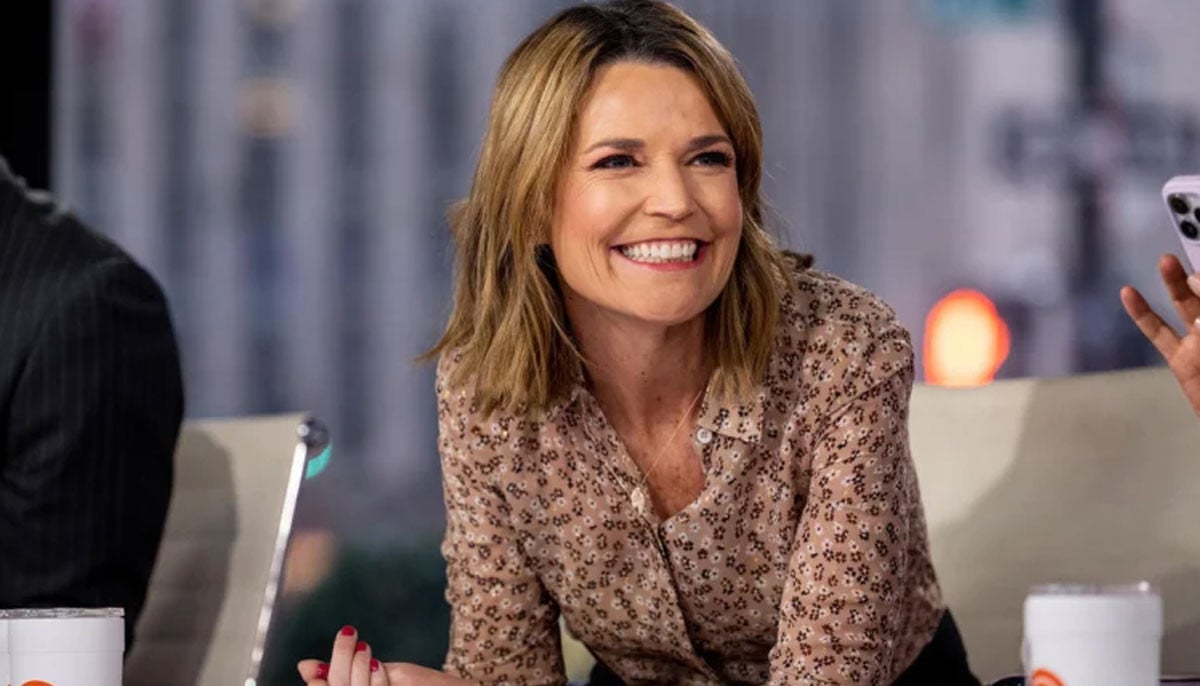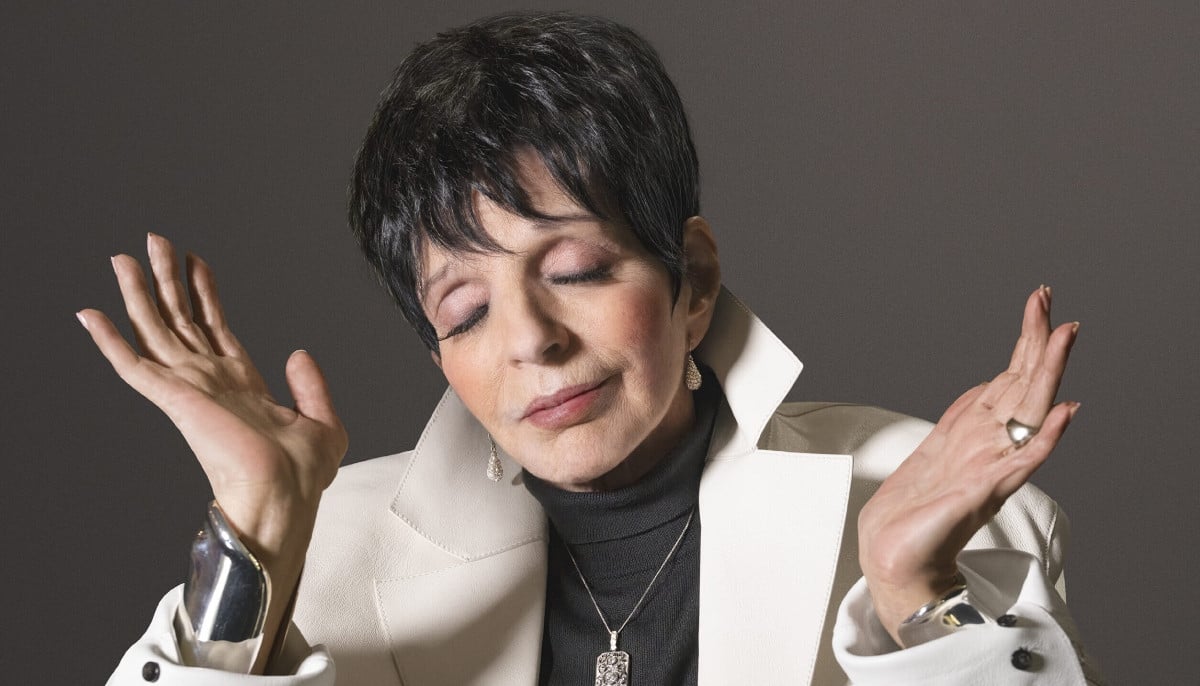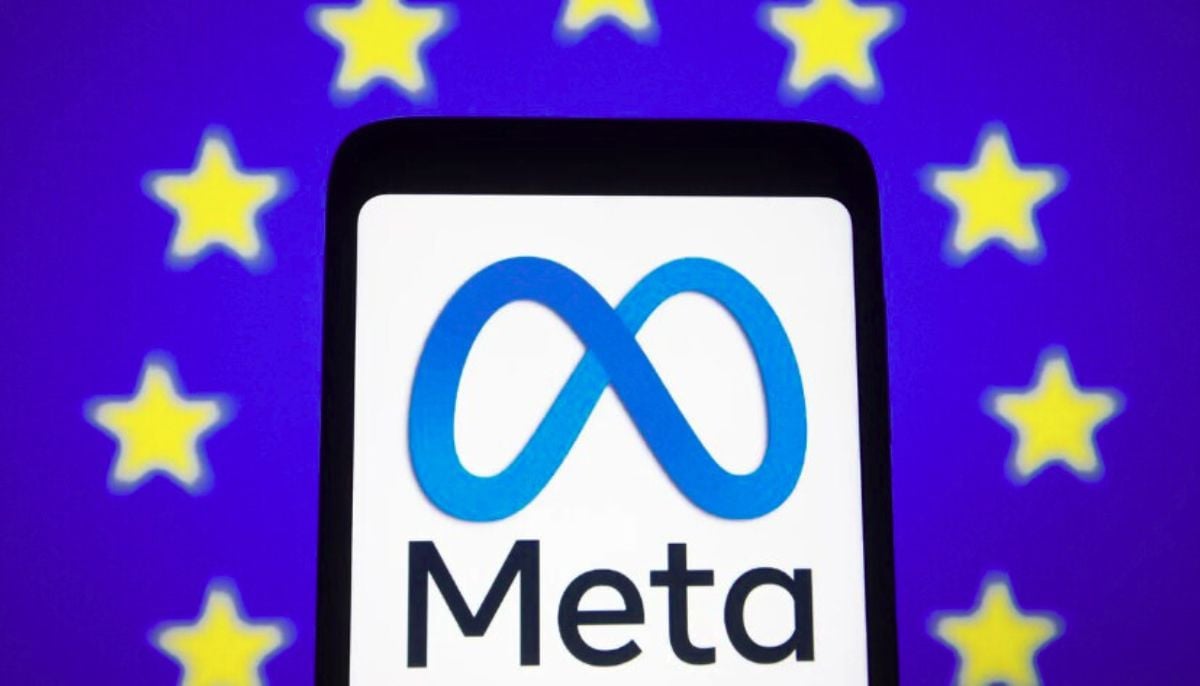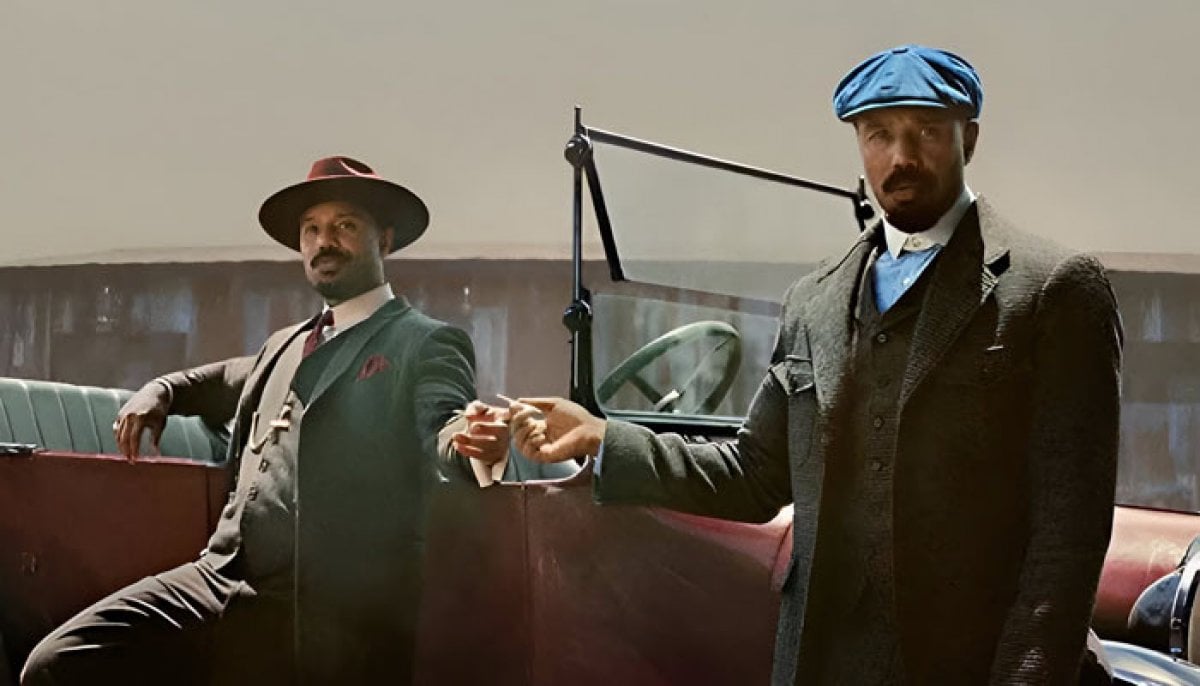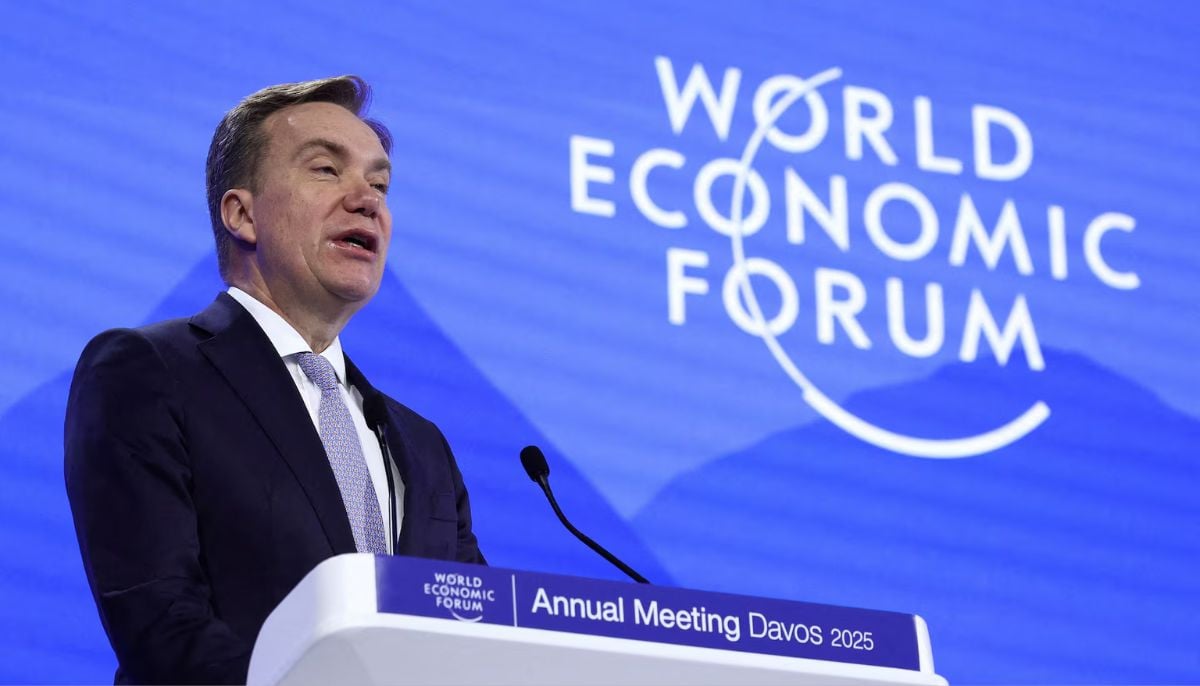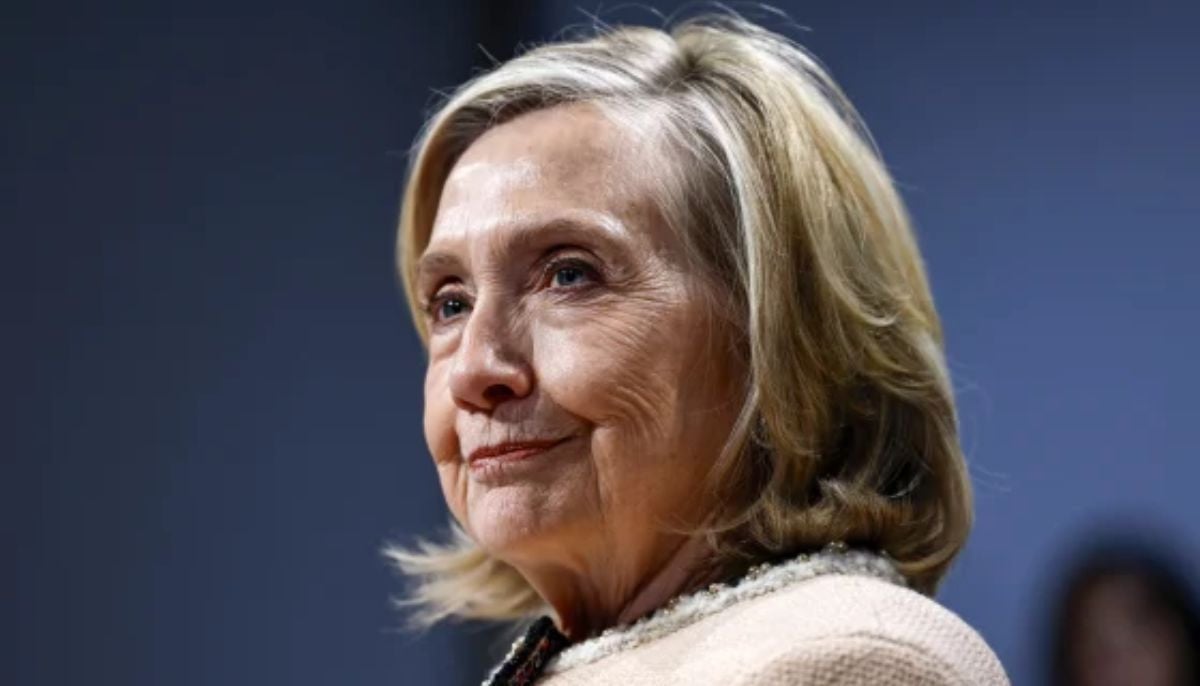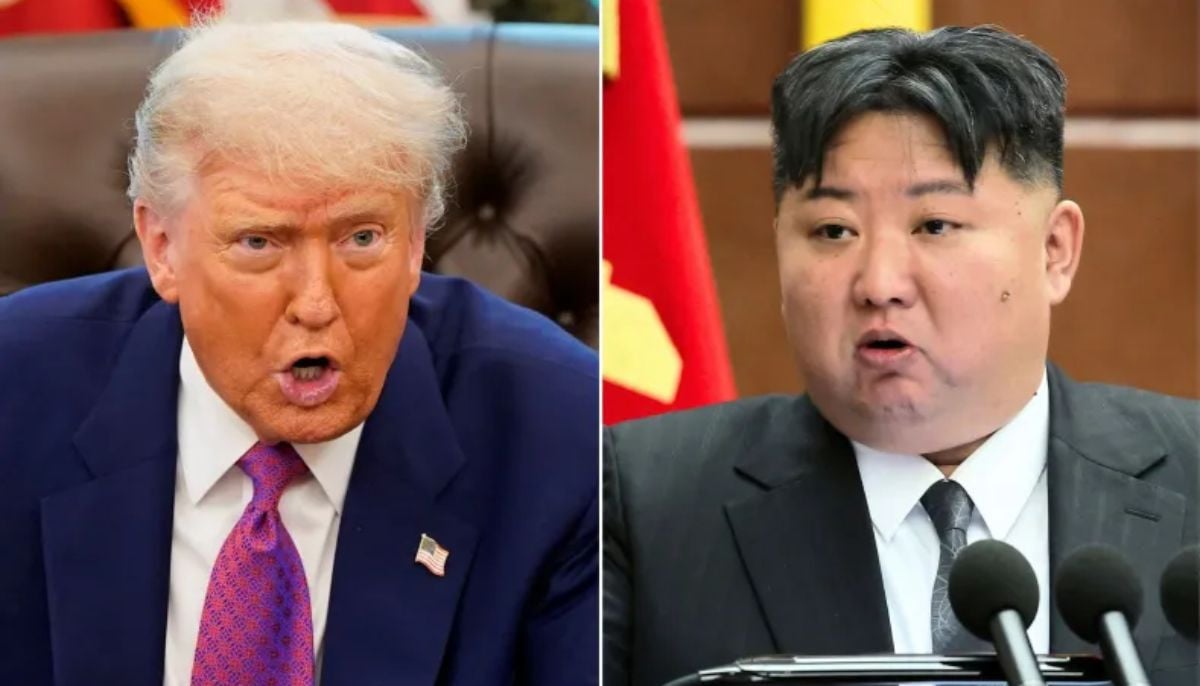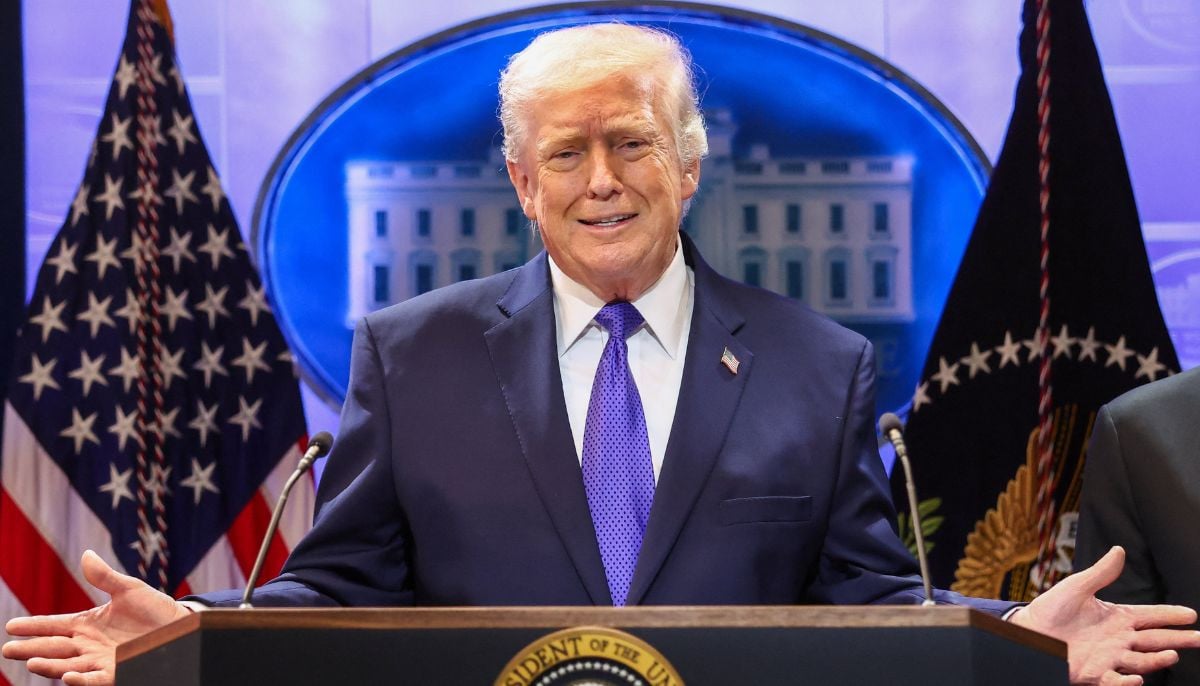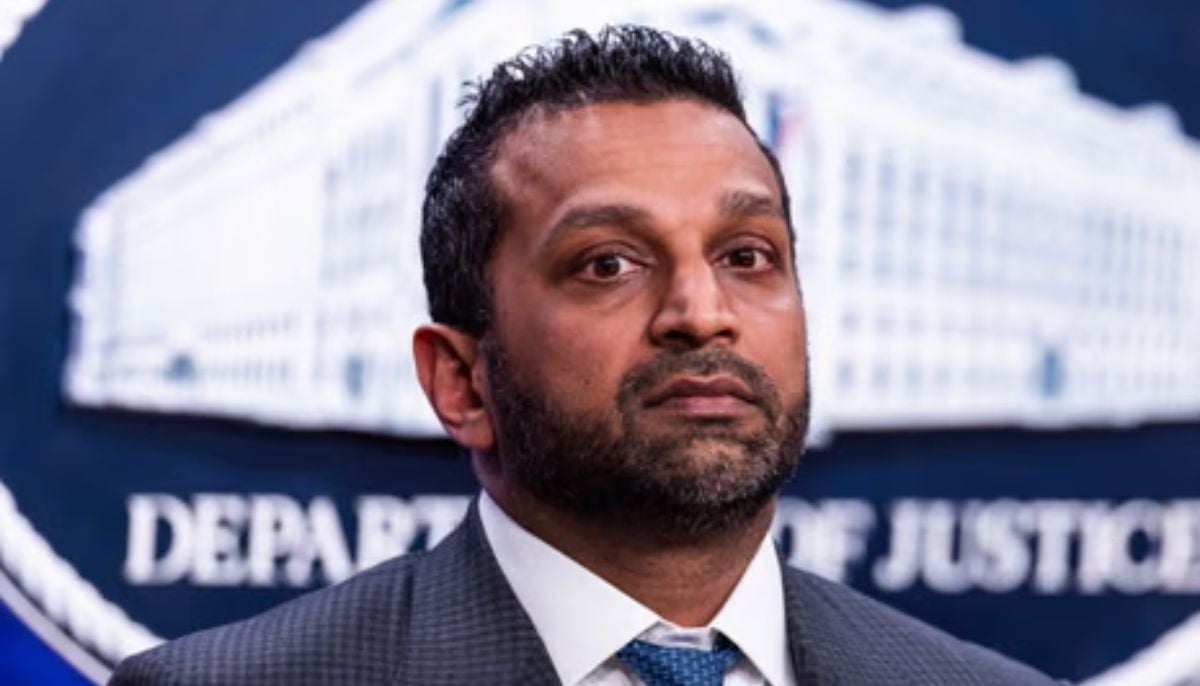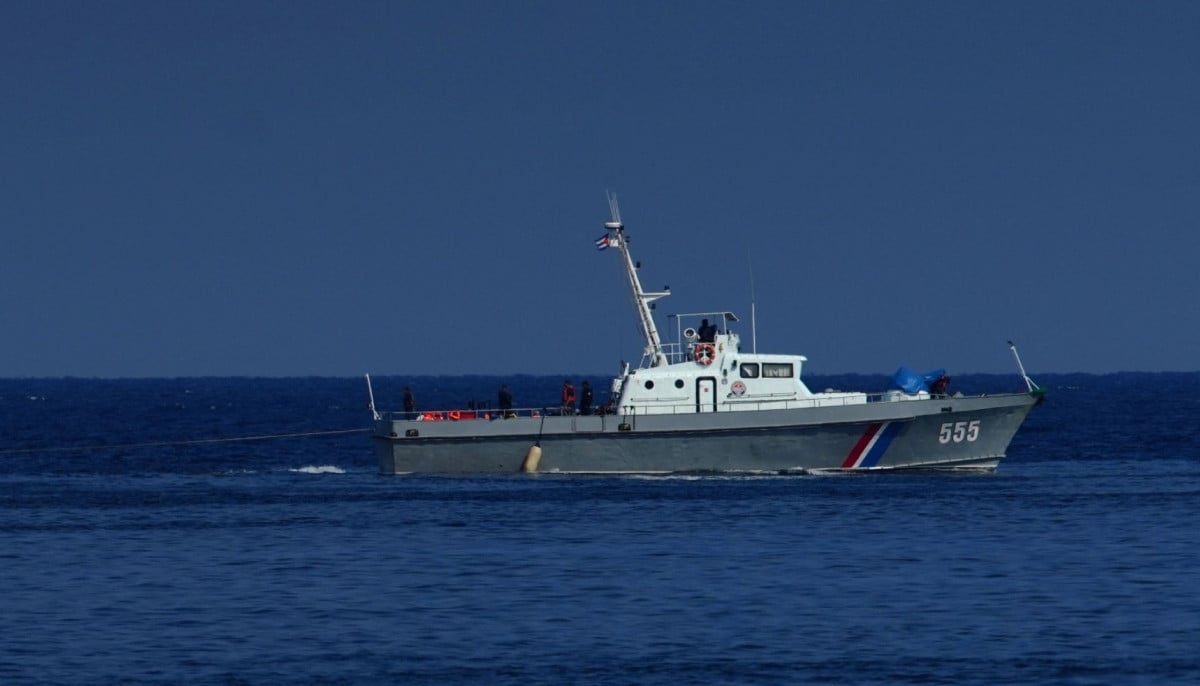What do people dream of during Ramadan?
As Ramadan approaches, pavements outside cafes in Tripoli heave with mostly male crowds enjoying their last daytime beverages before fasting begins
TRIPOLI: Italy left a deep cultural mark on Libya, the only Arab country it colonised: a national love of espresso. But as the month of Ramadan approaches, Libyans are preparing to go without.
Throughout the Islamic holy month, which is due to begin this week, observant Muslims everywhere refrain from eating and drinking from dawn to dusk.
During Ramadan, "we spend the whole day dreaming about the coffee we're going to drink", said Abdel Basset Hamza, a shopowner in Tripoli's Old City.
"There's nothing that we drink more than coffee," the 63-year-old said as he donned a hat and down jacket to step away from his luggage store to order a late afternoon brew.
Tripoli's centre is dotted with a myriad of cafes, from tiny kiosks to large halls, all equipped with sophisticated Italian espresso machines.
While coffee is an integral part of daily life across North Africa and the Middle East, Hamza boasted that Libya stands out from its neighbours where "you don't find coffee of this quality made in this way with such machines".
As Ramadan approaches, the pavements outside the capital's cafes heave with mostly male crowds enjoying their last daytime beverages before the fasting begins.
Mohamed Zourgani, who runs an Old City cafe which his grandfather bought in the 1950s, said he does not expect business to slow due to the fast, just to become concentrated in the evenings.
"The coffee Libyans usually drink over 16 hours, during Ramadan they drink over two hours, from as soon as the sun goes down," said the 31-year-old with a well-groomed beard.
Immediately after people break their daily fast, he predicted, they will rush "to drink coffee as if it were water".
On every table
Libyans have been drinking coffee since at least the 15th century, as beans from Yemen made their way along North African trade routes and into Europe.
But when Italy occupied formerly Ottoman-ruled Libya in 1911, the country's coffee culture adopted a new twist, with punchy espressos taking the place of cardamom-tinted Arabic coffee.
That said, old habits die hard, according to Zourgani.
"The older generation still loves its Arabic coffee, but young people mostly order espresso or macchiato," he said as his waiters served the thick black liquid into paper cups.
"Even when war is raging, Libyans have to have their coffee," he added.
The oil-rich country has seen over a decade of war, since the 2011 revolution that overthrew dictator Moamer Kadhafi, and its capital bears the scars of several major battles that raged there as recently as 2020.
But Tripoli's cafes still do a brisk trade, with punters sitting at street-side tables, discussing politics and daily life while sipping a "tazza" of coffee, an espresso-sized cup that costs less than a euro.
Some cafes even serve a localised version of affogato, with the Italian dessert stripped of its traditional liqueur.
Ali Khawaja, a 24-year-old in a leather jacket, said he has been a coffee addict since adolescence, but Ramadan was an opportunity to appreciate the drink more.
"Coffee is on every iftar table," he said, referring to the fast-breaking meal at dusk.
"After we break our fast, we spend the evening drinking it outside with friends."
-
EU court adviser rejects Meta Platforms challenge over Facebook data
-
Oscar nominated Michael B Jordan reveals one 'Sinners' scene entire cast saw filmed
-
World Economic Forum CEO Borge Brende steps down following Jeffrey Epstein ties controversy
-
Hillary Clinton set for deposition before House committee today in Jeffrey Epstein investigation case
-
Kim Jong Un says North Korea ready to ‘get along’ with US but sets key condition
-
Trump’s tariff turmoil yet to significantly dent growth in emerging economies, despite raising trade tensions
-
Kash Patel fires FBI officials behind Trump Mar-a-Lago documents probe, reports say
-
Cuban government says boat full of armed men fired on border guards, killing 4
